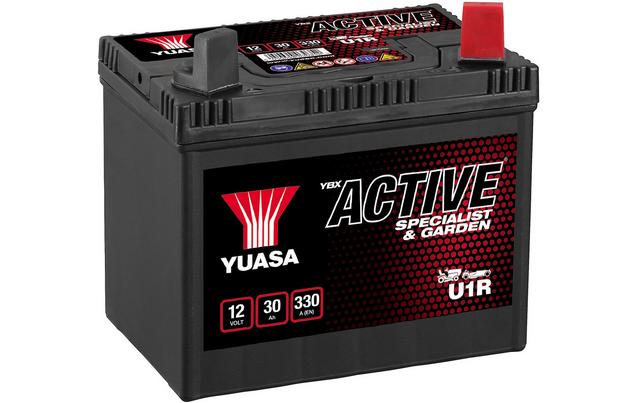Causes of car battery corrosion and its solutions

Buying a car is one of the most significant investments in your lifetime. Your research and buy a vehicle that matches your needs and personality. You take care of the car and take it for regular servicing. But, have you ever considered opening the hood and checking the condition of the battery. What if you find the battery corroded? Not a pretty sight! Right? Battery corrosion is a severe problem and it leads to a dead battery and hard starts. Several reasons cause battery corrosion. Let’s have a look at some of the leading causes of battery corrosion-
Contents
Causes Of Car Battery Corrosion
An Overcharged Battery

One of the most common reasons for battery corrosion is an overcharged battery. An overcharged battery heats up quickly, causing the electrolytes to get jumpy and high on kinetic energy. Due to this the electrolytes either leak from the cracks or flow out of the vents.
Electrolyte Leakage
Damaged batteries have cracks from which electrolytes can leak. In case of the sealed lead battery, the corrosion occurs once the electrolytes reach the battery terminals. Whereas in case of flooded lead-acid batteries the electrolytes “jump out” and enters the terminals and cause corrosion.
Too Much Water In The Battery
Electrolytes react with the terminals, causing them to damage. When excess water is present in the battery, the electrolytes start coming out of the vents and come in contact with the terminals, which leads to better’s corrosion.
Hydrogen Gas

The acids present in the car’s battery produce hydrogen gas. When hydrogen gas combines with other gases, it causes battery corrosion. When present on the left terminal, the corrosion indicates undercharging, whereas on the right terminal it indicates overcharging.
Copper Clamps
Copper clamps used to connect the wires, and the battery erodes over time. The electricity that flows through the connection corrodes the clamps. Due to the reaction, the copper converts into copper sulphate, which can be dangerous for the battery.
Battery’s Age

As we all know that batteries don’t last forever. Hence, it is essential to check the battery’s condition regularly and change it as soon as it starts showing the signs of damage or corrosion.
Preventive measures
Anti-Corrosive Sprays

There are several anti-corrosive sprays available in the market. You can quickly get them at auto parts stores and retail superstores. However, these sprays can be expensive and put a hole in your pocket. For an alternative, you can use coated felt pads to prevent corrosion of the battery terminals.
Petroleum Jelly
Another inexpensive way to keep corrosion at bay is to apply a coat of petroleum jelly to both the positive and negative posts. Consider using a wrench to remove the battery cables from the post. After removing the wire, apply the petroleum jelly onto each terminal.
Dielectric Grease
An alternative to petroleum jelly, the application of dielectric grease on the car’s battery terminals can even prevent the formation of corrosion. You can get dielectric grease at home improvement stores and auto parts store. The application of dielectric grease is similar to that of petroleum jelly.
As an adage goes prevention is better than cure, you should take care of your car’s condition and frequently check the battery to ensure that there is no deposition of corrosion on the terminals. If you find any, you can clean the corrosion with the help of soda or anti-corrosion washers. Also, don’t forget to secure your car against accidents, theft, fire, and flood with a comprehensive car insurance policy. A car insurance policy offers enhanced protection for your vehicle at affordable rates.








